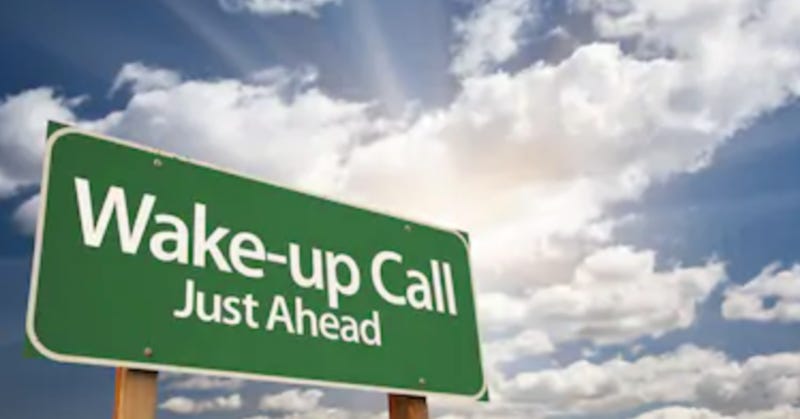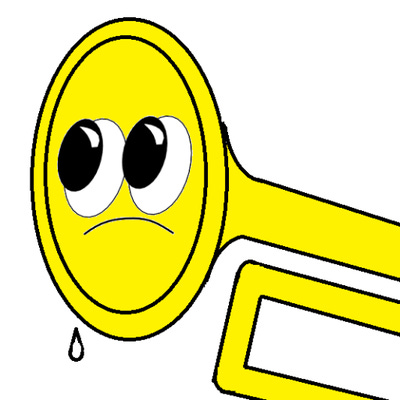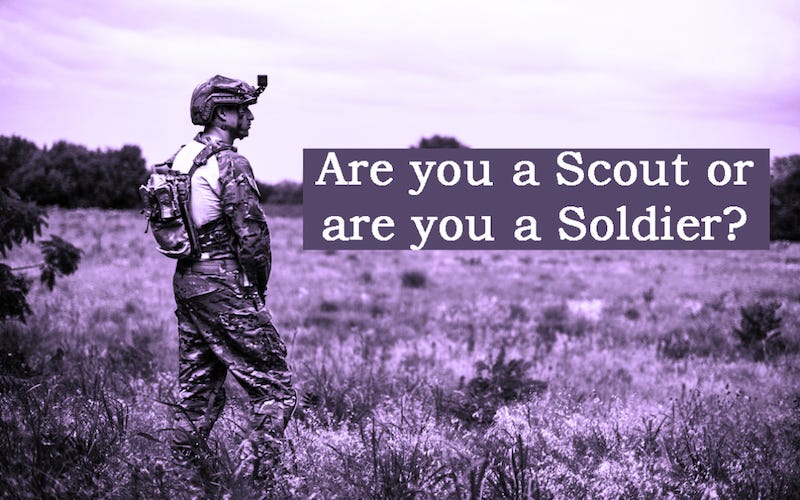The past four years have provided us with no shortage of “wake-up calls” — coming from all angles and ideologies.
Masks became tools of oppression. Looting transformed into a path toward social justice. Vaccines were either equivalent to the Second Coming or part of an evil plot hatched by a cabal of billionaires. Mitigation tactics were a chance to virtue signal or the presaging of a permanent fascist lockdown.
Democrats were criminals. Republicans were criminals. Voting was salvation. Voting was a fraud. CNN was fake news. Fox was fake news. COVID-19 was anything from a certain death to a pre-planned hoax. And any number of world leaders joined a long, enduring list by being labeled “the next Hitler.”
The lists and the variations seem endless.
All across social media, people took sides. Check that… people angrily and demonstrably took sides.
And, of course, someone — the government, Facebook, corporations, aliens, Twitter, a secret society, Google, AI bots, etc. — is specifically targeting you to be censored because they deem your truth-telling to be a genuine threat.
Part of this counterproductive process involves “calling out” anyone who isn’t on your side. Let’s face it, you haven’t really taken a stand until you’ve publicly mocked anyone stupid enough to not agree with you, right?
“Sheeple,” you might call them, as you and your news feed hive mind wonder when and if these “covidiots” or “tinfoil hats” or woke or MAGA or whatever will ever [wait for it] wake up.
Sometimes, the wake-up call is couched in faux compassion, e.g. “It takes some people longer to see and accept the truth. They’ll wake up when they’re ready.”
Most times, the approach manifests itself in virulent flame wars that go on for weeks. Earth is scorched. Bridges burned. Long-time bonds shattered. When battle lines are being drawn, after all, you cannot risk associating with those who have actively chosen to remain ignorant. Right?
Two questions (regardless of which “side” you’ve landed on):
What if you’re wrong?
Even if you are right about a few things, do you think the wake-up call tactic ever works?
The first question requires no further elaboration except to say we’re each wrong more often than we’re right.
Question #2 is the query I’d love to ask every single person I’ve ever seen positioning themselves as uniquely capable of discerning fact from fiction. Do you think anyone responds with an open mind when they are being dismissed as “asleep”?
I ask this as someone who was once revered as a high-profile “activist,” public speaker, and all that. To attain such a position, it is necessary to spew out myriad wake-up calls within one’s echo chamber.
As a way of preaching to the converted, it’ll do the trick. As a method of persuasion, it’s ineffective and mean-spirited.
This brings me to the awkward part of this post wherein I offer everyone a wake-up call about not providing any more wake-up calls.
“Always remember that to argue, and win, is to break down the reality of the person you are arguing against,” writes Haruki Murakami, “It is painful to lose your reality, so be kind, even if you are right.”
The origin of the noun “kind” is from the Old English gecynd related to cynn “family” (as in: “kin”).
As an adjective (“friendly, deliberately doing good to others”) it originally meant “with the feeling of relatives for each other.”
By the fourteenth century, kind was being used to describe someone who is “benign, compassionate, loving, full of tenderness.”
If your goal is to share and gain knowledge while remaining friendly, be kind. If your goal is to persuade, convince, or convert, be kind. Either way, treat others as kin.
Pro tip: Accusing others of needing a wake-up call does not qualify as kindness.
Julia Galef is co-founder of the Center for Applied Rationality. She gave an excellent TED talk juxtaposing a soldier mentality (protecting your viewpoint at all costs) with the inquisitive outlook of a scout (spurred by exploration).
“What do you most yearn for?” Galef asks. “Do you yearn to defend your own beliefs or do you yearn to see the world as clearly as you possibly can?”
Occupying the position of metaphorical scout will help bring you a life of fresh perspectives and reduced strife. You’ll be less judgmental and more curious. Clarity and charity will guide your decisions and your interactions.
Best of all, there will be all those incredible moments of epiphany — those foundation-shaking episodes wherein your mind expands to embrace the dimensions of a previously unimaginable point of view.
In 2024, let’s all meet at the corner of Kindness and Curiosity… and leave the wake-up calls to our alarm clocks (until we do away with those, too).
Remain reachable and teachable.
********************************************************************
It would be deeply appreciated if you’d sign up to become a paid subscriber for as little as $5 per month. It directly enables this blog/podcast to keep going and growing. You can find the link at the bottom of the post.
If you prefer, you can make a one-time donation whenever you’d like by clicking here. Thank you in advance, it really helps!








The notion of truly fair and balanced should officially be attributed to Mickey Z.
I like your invitation to meet at the corner of Kindness and Curiosity, Mickey Z.
“Two questions (regardless of which ‘side’ you’ve landed on):
1. What if you’re wrong?
2. Even if you are right about a few things, do you think the wake-up call tactic ever works?
The first question requires no further elaboration except to say we’re each wrong more often than we’re right.
Question #2 is the query I’d love to ask every single person I’ve ever seen positioning themselves as uniquely capable of discerning fact from fiction. Do you think anyone responds with an open mind when they are being dismissed as ‘asleep’?”
I’ve commented on other posts by saying that I don’t know how awake or aware I am. Dividing ourselves up — and describing “us” as those who are reasonably certain that they/we are more awake than asleep & are more aware than deluded — into who is the most right and who is the most discerning about what’s factual versus what’s fictional seems to be the perfect strategy for isolation and growing in arrogance.